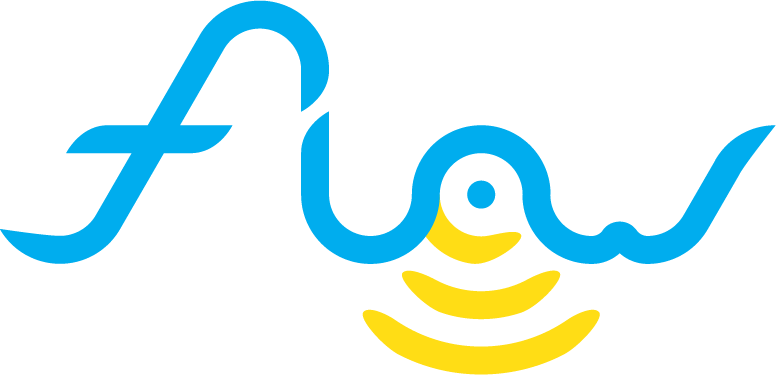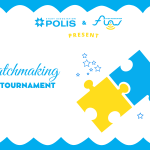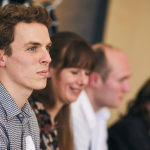What master did you do? And where?
The (Dutch) master Communication, Policy and Management at Utrecht University. This is a track/part of the School of Governance.
Were there any admission requirements? If there were, what were these?
To get admission, you, as a CIS student, have to do a general minor program about management and organizational sciences. That means, you have to do four courses in one or two semesters. You do courses about governance, policy and management, and you have to do a qualitative research. If you did do this minor, the selection for the master begins, it is really strict. You have to write a motivation letter, you have to do an interview, you need two references and they evaluate your cv and grade list. During the interview, the focus is primarily on you motivation for doing the master, what you bachelor thesis was about and if you already thought about a subject for your master thesis. For this track, there are every year less registrations than for the other tracks. That means, that there is a chance of one in two (other tracks: one in four). In our year, we were “lucky” because there were only 27 registrations and 25 places. There was a really big chance to be chosen, but even though they are really strict about your admission, so they can still reject you.
Why did you choose this master?
I noticed that I was missing something in our study. I did do a master HAIT to challenge myself, and because I was done with social media and online marketing. Still I missed the “purpose” of our study. I knew that I wanted to work in the public sector, and this study focused primarily on communication in this sector. Besides that, you can do a lot of skill courses, what means that you gain a lot of experience in management and policy. It is the perfect combination between communication and management sciences.
What courses did you do?
In the first semester, I did courses about sharing knowledge and collaborating in organizations, and changes in policies. In the first course we got a lot of theory about how different actors have to work together with various social issues. During the second course we had to analyze a public campaign and we got theory about how public institutions try to influence people. This subject is similar like a lot of different subject in CIS, so it was easy. Besides these courses, I did a few skills courses. These are courses like management skills, advisory skills, project management, policy skills and coaching in organizations. These subjects are focused on practice. I did a subject about management skills, there we practiced performance interviews, interviews in which bad news has to be told (with actors) and we had to give a workshop about a subject that had to do with management. The second course I did, was coaching in organizations. I learned a lot about interview techniques by doing, both by coaching and by being coached.
Did you live in a dorm?
No, I travel between Tilburg and Utrecht Vaartsche Rijn. In the first period, I had to go to the university four times a week. In the second period only two or three times. It is about one and a half an hour by train, so it is doable. I didn’t want to leave Tilburg yet because I have everything and everyone there.
How did you like it?
It is a really interesting study. It is interesting to look to certain social issues from a communication perspective. There are a lot of guest lectures and excursions to interesting institutions like municipalities or schools. The skills courses make that you are being very practical and that you have the feeling that what you are learning is applicable in the work field.
Was is hard to switch?
I do think it was hard to switch. The lectures are a lot more intensive than in CIS. It is expected that you read all the articles and that you are able to join the conversation. It often is your turn unexpectedly and then you have to tell something about an article. The work load is very heavy, but the subjects are not that difficult. Furthermore, you get a lot of feedback by your fellow students, but you have to give a lot of feedback too. You get to know your fellow students very well in this way. That is something that I wasn’t used to in CIS, where you are a lot more anonymous.
Did you know someone else who did this master?
During the introduction day, I saw, by chance, someone who I already knew, and it is really nice to have a travel and study mate. But, like I said, you get to know a lot of fellow student in a really intense way. That means that you will always have someone to talk to.






